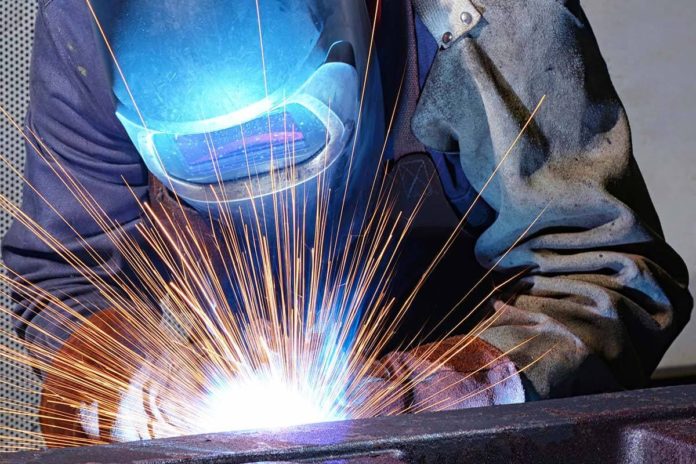
Almost every industry in the world depends on welding and it is a profession that has seen exponential growth in recent years. Currently, there is an ever-growing and extremely high demand for skilled welders who are professionally trained and who possess knowledge in both relevant basic practices and the latest technologies in the trade.
But even though the demand for highly-skilled professionals is at an all-time high, employers are still struggling to find and recruit individuals with relevant training and a degree or at the very least, a certificate.
What is the Problem?

Before employment, individuals must study important industry disciplines such as understanding basic fabrications and utilizing the right safety practices but also knowing about advanced robotics. In short, today’s welders should be able to perfectly combine the skills of their trade with technology to work both harder and smarter.
Despite all this, the industry is still lacking educated welders due to a variety of reasons such as the stigmatization of vocational professions and the misinformation on job opportunities and earning potential. However, an increasing number of industry leaders are working hard on encouraging individuals of all ages and groups to take up the profession.
What is this Being Done?
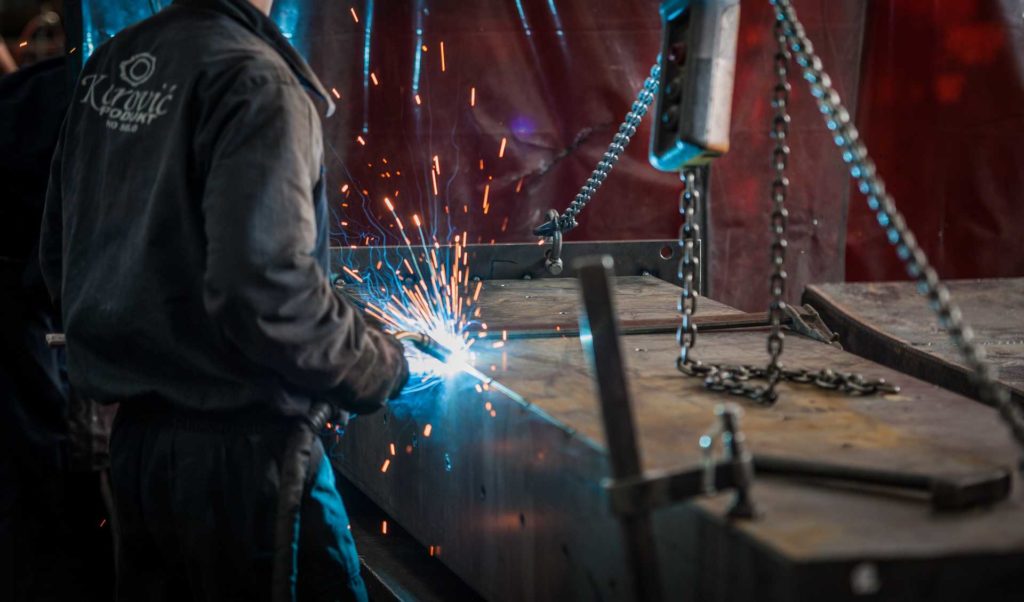
Many professionals are sharing on-the-job knowledge and skills with aspiring welders while college instructors are encouraging students to participate in a variety of projects that will be raffled off once they are built.
One such case involves building a hydraulic dump trailer that has a capacity of 12 thousand pounds. Its construction is meant to give students a hands-on experience since it requires utilizing skills such as print reading, layout, and welding.
The entire project requires constructing the trailer and box frames and once they are welded, the side walls are ready to be fitted. This requires an estimated 60 hours to complete and the money earned from raffle ticket sales is then used for covering the material costs for the next project, to purchase materials needed for smaller ones, as well as for field trips at the end of the year.
Companies such as WIA (Welding Industries of Australia) has been delivering quality welding solutions across the country for more than 50 years, but also provides a team of highly-skilled, educated and experienced professionals who are always prepared to offer advice and solutions for many markets such as gas, mining and oil, heavy engineering, farming, and many more.
These individuals and many others often visit colleges and share their experiences, knowledge, and skills with a group of select students. With their decades worth of industry and work experience, they typically demonstrate several welding techniques, review and discuss proper equipment setup, explain and display exactly how small equipment setting changes can have a huge impact on the results, and much more. Many industry leaders also offer hiring opportunities once students finish their education.
For the select group of students who are usually chosen based on their course performances, this is a great opportunity to learn and see how their education translates into real-world work and exactly how they can make a sustainable income in the future thanks to the profession.
What Does it Take to Become a Welder?
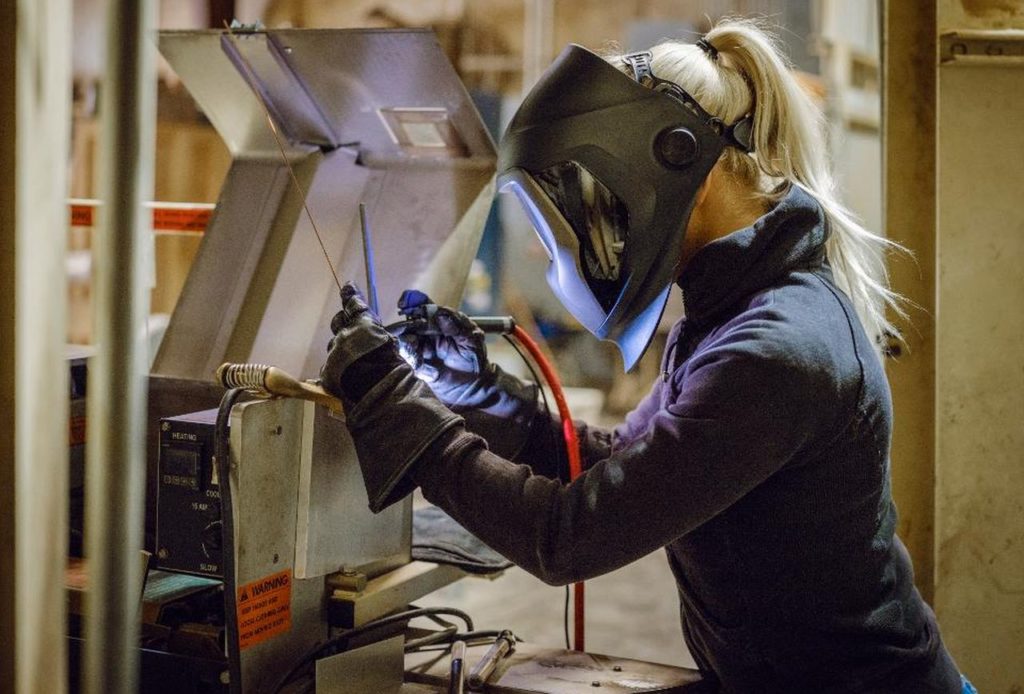
Of course, anyone can get an education and venture into the business, but having certain traits might make the job that much more enjoyable. For example, having an eye for detail, great hand-eye coordination, and physical strength are some of the advantages. Problem-solving and thinking on your feet are also useful. Loving to create and build new things is what the job is all about and it is a nice bonus if you enjoy working outside as opposed to in an office.
How Long Does it Take to Complete One’s Education?
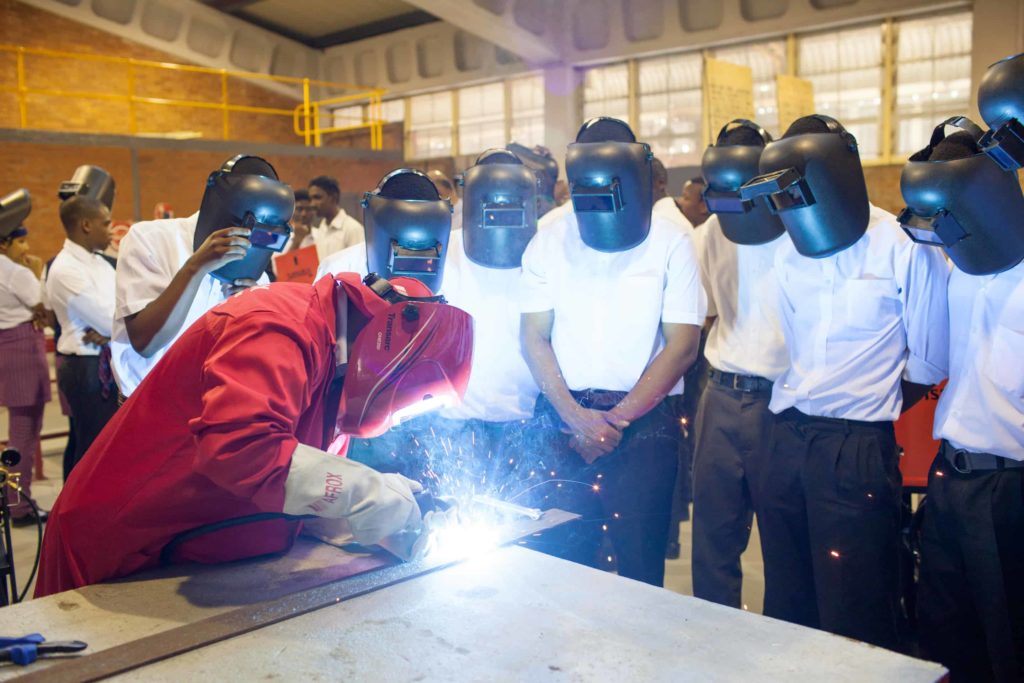
Although one can opt for learning the trade on the job, it is advisable to avoid doing this because many employers give advantage to candidates with formal education and training. How long this will take, solely depends on your choice of degree-earning method.
For example, you can opt for getting a certificate which will usually take just three semesters to obtain or you can take classes at a community college and get your degree in two years.
Vocational schools focus on obtaining the necessary skills such as learning about different welding techniques, pipefitting skills, and blueprint reading. They also provide knowledge on safety training, metal properties, metallurgy, cutting techniques, rigging, and require individuals to learn math.
Community colleges offer similar educational disciplines but require students to take general education classes as well.
What Opportunities Does One Have as a Welder?

Industry experts are predicting an even greater shortage of skilled welders in the near future which opens the door for many career opportunities in industries such as manufacturing, infrastructure, transportation, agriculture and natural resources, engineering, power generation, and many more.
Transportation includes the automotive, aerospace, and maritime industries while infrastructure involves participating in the construction of buildings, bridges, and other structures. Manufacturing entails involvement in robotics, fabrication, and production whereas agriculture offers jobs in mining, farming, oil and gas, and the likes.
If you want to see more about this topic visit https://www.welding.com.au/ .
What Happens After One Gets Their Degree?

As mentioned above, there is a high demand for welders, so getting a job after graduating should not be as difficult as one might think. As long as you demonstrate your skills and knowledge properly, professionally, and in great detail, you will surely be able to find an employer in no time.
Some of the biggest industry leaders employ thousands of professionals but are still always looking for new employees. They even offer apprenticeship programs and internships. While apprenticeship is great for gaining experience and earning money at the same time, an internship might be a great option if you want to learn more about your profession and are okay with not being paid during it.
Conclusion
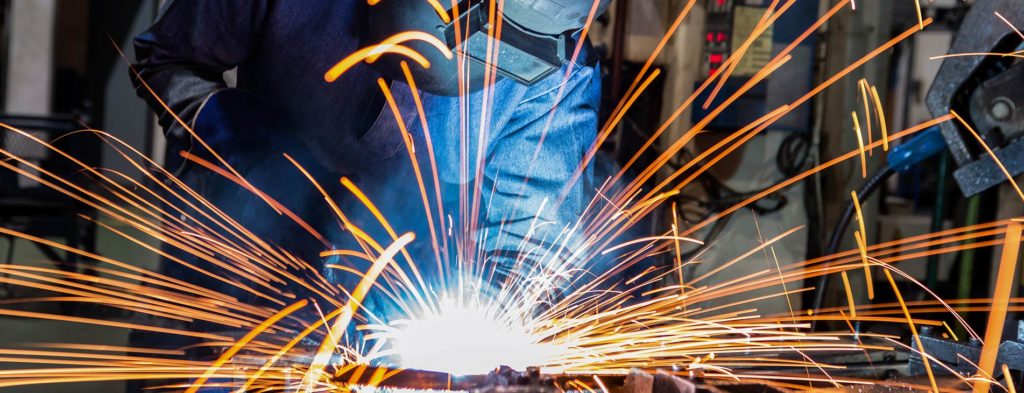
Welding will be in demand for many years to come, making it a rewarding and lucrative career to have. No matter what you choose to specialize in, you will most definitely be able to get a job, especially with many companies offering great mentorship and apprenticeship programs. It is truly an industry that offers numerous opportunities and benefits.














